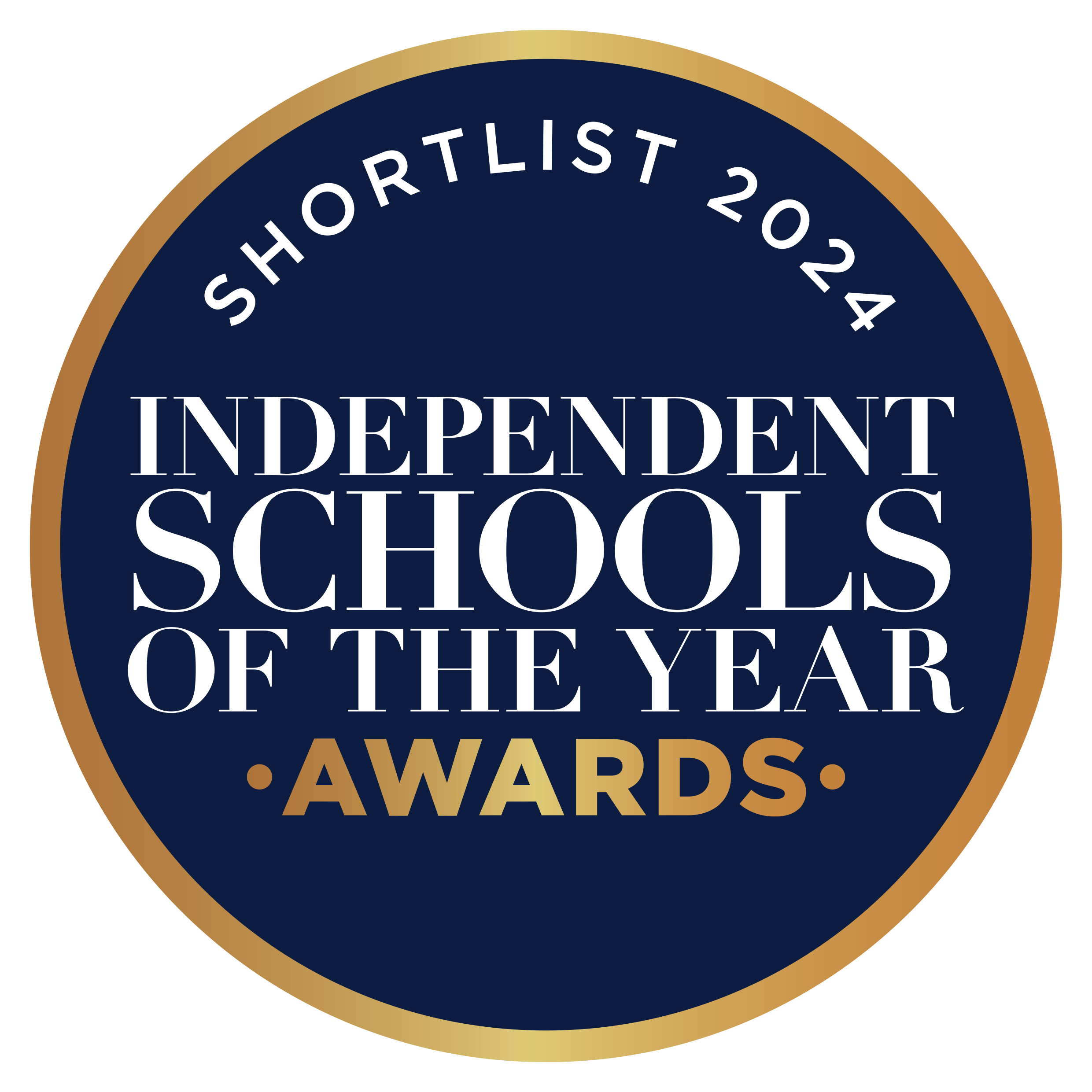
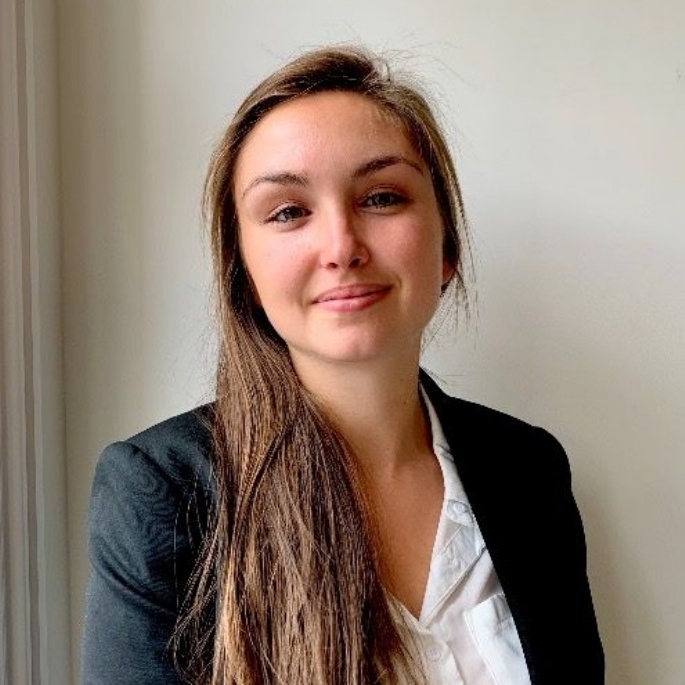
The official International Women’s Day Campaign theme this year is #ChoosetoChallenge. Around the world, women are being encouraged to ‘choose to challenge gender bias and inequality, celebrate women's achievements and to collectively help create an inclusive world’.
In celebration of International Women’s Day 2021, we spoke to former Freemen’s pupil Laura Madon (Class of 2016). Laura was a student at Freemen’s only 5 years ago and shares her journey since Freemen’s, addresses the gender gap in the Technology/STEM sector and offers advice to current students, especially young girls considering careers in STEM.
Please introduce yourself and tell us briefly about your time at Freemen's.
Hello All – I’m Laura, and I left Freemen’s in 2016 after 11 brilliant years there. I went on to study a BSc in Biological Sciences at the University of Birmingham, then took a gap year to travel (which I highly recommend doing after university), and am now working as a Consultant in the Technology Consulting and Assurance team at Mazars (an international professional services firm). I loved my time at Freemen’s, and the people are what made it so special. The teachers helped me achieve strong A Levels to move forward in life with, but the most important lessons I learnt during my time at Freemen’s were to do with key life skills such as respecting others, how to present myself professionally, and how to take a moral approach to life.
Tell us about your career journey so far and what you do now?
After graduating, I worked for 3 months at an insurance firm, which gave me good experience of the financial services industry but more importantly, experience being in an office every day (it is quite an adjustment to go from being free to choose your schedule at university to office work). I knew this wasn’t for me and continued to apply for technology consulting graduate schemes until I got my current role – ‘Technology Consulting and Assurance Associate Consultant’ at Mazars in the London office. Here, I work on a wide range of engagements from External IT Audits to Advisory work on Operational Resilience, Data Privacy and Cyber Security. It is a great career to choose if you like variety and a challenge.
What did you study for A Level and at university? How important did this turn out to be in your choice of career?
I studied English, Maths and Biology at A Level (and Chemistry at AS), and Biology at university. Whilst these appear unrelated to my career choice, they have actually set me up really well with the wide skillset that I need in my job. Strong Maths gives me confidence that I can understand complex financial concepts, such as is needed with large banking and investment clients. A humanity like English means I can adapt my written and verbal communication to suit the wide range of clients that I speak with every day, and Biology has definitely helped me understand complex IT infrastructures of companies because I am not scared by a heavily loaded diagram. That said, there really are no pre-requisites for a career in consulting – the most important things you need are a lot of enthusiasm, an eagerness to learn and a strong work ethic.
How/when did you know your current career path was for you?
During my first year of university, I realised that whilst I enjoyed learning about Biology, I didn’t want a career in it. I started researching career options by talking to people, attending career events and doing a lot of research online. I’d always wanted to achieve a very senior position in a company as an end-career goal, and so I looked at role models and worked backwards from their CVs (LinkedIn is great for this) to see where they started. When I came across professional services consulting sometime in my first year of university, it immediately jumped out to me. Building client relationships whilst challenging myself with problem solving-based work projects aligned well with my personality, and I thought this industry was somewhere I would be happy. Being happy, at the end of the day, is the most important part of all of this.
What do students need to know if they want to get into your industry? What skills do they need? How do you suggest they gain this knowledge and these skills?
You need to enjoy a challenge, show enthusiasm and develop a strong work ethic that is driven only by yourself. I know many people will have parents that wish for them to achieve well academically, which is important, but as you grow up you will realise this drive needs to come from yourself. You are already at Freemen’s, so you are already academic enough for this career. So, coupled with the general academics that you learn on any good undergraduate course, the skills that you will need to develop for this career are soft skills – confidence, empathy, resilience and relationship building.
If women are underrepresented in your industry, is anything being done to address this?
Women are currently very underrepresented across all STEM careers, and the technology industry is no different. However, there are many movements set up to support women who want to know more about getting into STEM careers – just have a look on LinkedIn and you will find many ‘Women in Tech’ or ‘Women in STEM’ groups to follow and events to attend. I feel really lucky to be in a team where our Partner (the head of the team) is extremely supportive of the Women in Technology movement, which has allowed the women in our team to come together, share ideas and see how we can make a difference.
Are there any down sides to your career?
I think there are pros and cons to any career, and really it is about finding what best suits your skill set and your personality. Some may be put off by the technical element, and this career requires you to constantly be learning. It is also hard work and by no means is it a choice if you would just like to coast through life, but I genuinely really enjoy working hard as it gives me a sense of purpose and fulfilment. You can also come across difficult people from time to time, and so this will really test your resilience and ability to stay calm.
How do you balance professional pressures and personal commitments?
At first I took a bit of time to find the balance (and really I’m still finding it), but it’s just about making the most of all of your time. Often, I prefer not to plan too much at the weekends in case I just want to relax and take it easy after a hard week, however I’m sure that may change as lockdown restrictions ease and we are able to do more. What is really important is having managers that respect your free time – they will be asking you to log off when they see you are working late instead of expecting this. Mazars has a really positive culture and is well known for promoting a work-life balance, so when the time comes for you to choose a company, I would strongly advise that you look at the company’s culture as a factor that is as important as its professional reputation.
What would be your one most important piece of advice for our current students?
In the words of Doris Day, ‘Que sera sera; whatever will be, will be’. This means, do not worry about the future. Your happiness is the most important thing, so please trust yourself that everything will work out as it should be. I find taking one thing at a time really helps me –finish your GCSE’s, then focus on your A Levels. Figure out what kind of higher education would suit you best – if you’re looking at universities, consider what the course has but also what the university and its city have to offer. Take each step as it comes and enjoy your time at school and university because once you’ve left, I am sure that you will miss it.


